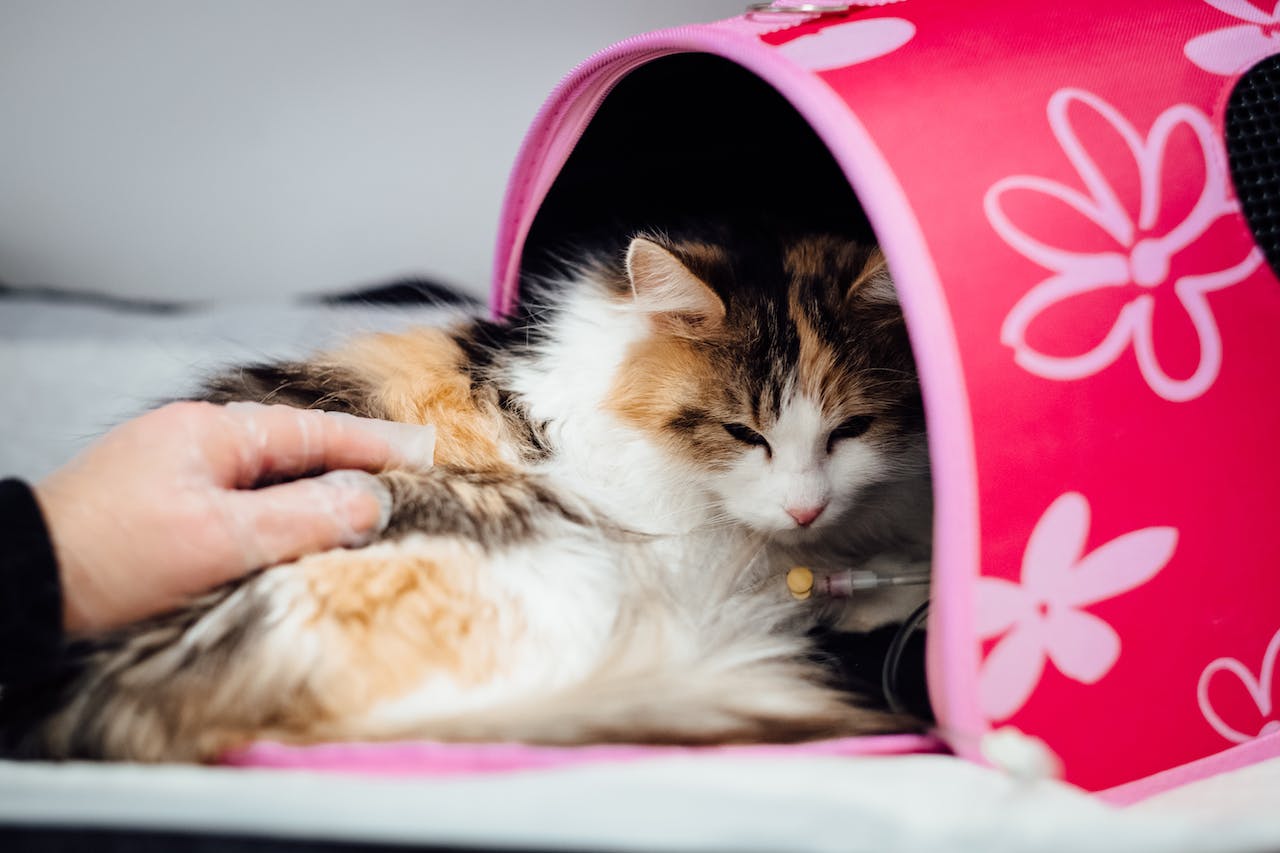Welcoming a feline friend into your home comes with a myriad of responsibilities, including making decisions about their reproductive health. One crucial choice many cat owners face is whether to spay their feline companion. In this comprehensive guide, we’ll delve into the essential aspects of spaying a cat, exploring the procedure, its benefits, and what you need to know as a responsible pet owner. Understanding the ins and outs of spaying can contribute not only to your cat’s well-being but also to managing the feline population.
The Importance of Spaying
Spaying a cat, also known as ovariohysterectomy, is a surgical procedure aimed at removing a female cat’s reproductive organs. This procedure is not only a responsible decision for pet owners but also plays a vital role in addressing the issue of overpopulation in feline communities. By preventing unwanted litters, spaying helps reduce the number of homeless cats and eases the strain on animal shelters.
When to Spay a Cat
The ideal time to spay a cat is typically between 4 and 6 months of age, before they reach sexual maturity. However, some veterinarians may recommend spaying as early as 8 weeks, while others may prefer to wait until the cat is closer to 6 months. It’s crucial to consult with your veterinarian to determine the best timing based on your cat’s health, breed, and individual circumstances.
The Spaying Procedure
Spaying involves the removal of the cat’s ovaries and uterus, rendering them incapable of reproducing. The surgery is performed under general anesthesia, ensuring the cat is unconscious and pain-free throughout the procedure. While the surgery itself is routine and safe, it’s essential to follow pre- and post-operative care guidelines provided by your veterinarian.
Benefits of Spaying a Cat
1. Prevention of Unwanted Pregnancies: Spaying eliminates the risk of unplanned litters, helping control the feline population.
2. Health Benefits: Spayed cats are less prone to certain reproductive health issues, including uterine infections and mammary tumors.
3. Behavioral Improvements: Spaying can reduce undesirable behaviors such as yowling, spraying, and aggression associated with the mating instinct.
4. Contribution to Community Welfare: By spaying your cat, you actively contribute to the well-being of your local feline community, preventing the overpopulation crisis.
Post-Spaying Care
After the spaying procedure, your cat will require a period of recovery. Ensure they have a quiet and comfortable space to rest, and follow your veterinarian’s instructions regarding pain management, diet, and activity level. Monitor the incision site for any signs of infection or complications, and contact your veterinarian if you have any concerns during the recovery period.
Common Concerns About Spaying
Addressing common concerns surrounding spaying is essential for pet owners. Some worry about the impact on a cat’s personality, weight gain, or potential surgical complications. However, studies show that spaying has minimal impact on a cat’s personality, and any changes in weight can be managed through proper diet and exercise. Complications from spaying are rare, especially when the procedure is performed by a qualified veterinarian in a controlled environment.
Conclusion
Opting for cat spaying is a responsible choice that not only enhances the well-being of your feline companion but also contributes to the broader initiative of managing the cat population. It’s essential for every cat owner to comprehend the procedure, its timing, and the post-operative care requirements. By taking this proactive step, you actively engage in fostering a healthier and happier life for your cat, simultaneously making a positive impact on the welfare of feline communities. Should you have any inquiries or reservations about spaying your cat, seek guidance from your trusted veterinarian at a cat vet Vancouver, like the expert professionals at the local pet clinic. They can provide personalized advice tailored to the specific needs of your beloved feline friend.





